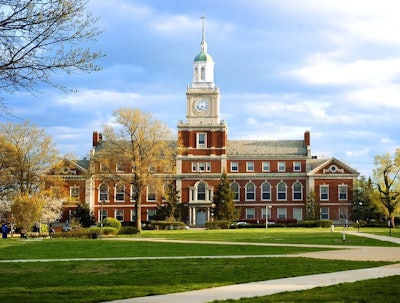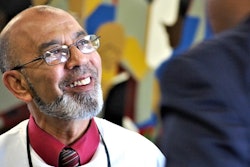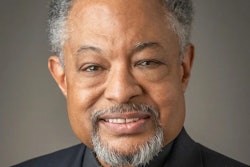Georgetown University and Howard University have been awarded a $3 million grant to help fund the establishment of a center for medical humanities. Howard University
Howard University
The 3.5-year grant from the Mellon Foundation will go towards the Georgetown-Howard Center for Medical Humanities and Health Justice, which aims to reduce health disparities in D.C. through critical inquiry.
Medical humanities recenters health in a broader social, cultural, and historical context, using humanities and social sciences methods to analyze the contexts of illness and health. Disciplines involved include history, literary studies, philosophy, bioethics, cultural studies, religion, psychology, medical anthropology, and the visual and performing arts. The center will apply a medical humanities approach in addressing health disparities related to race/ethnicity and income, and health equity.
“These approaches play a frontline role in contextualizing healthcare, shaping health policy and communication, resource allocation, dismantling racism and health disparities, caring for vulnerable communities, understanding the experience of illness and suffering, providing a source of comfort, interpreting and making meaning from crisis, engaging with uncertainty, and envisioning alternatives,” said Dr. Lakshmi Krishnan, an assistant professor of medicine at Georgetown’s School of Medicine, grant co-leader, and founding director of the Georgetown Medical Humanities Initiative.
“This grant allows us to establish a critical foundation on which to build our work,” said Dr. Dana A. Williams, dean of Howard University’s Graduate School, professor of African-American literature, and grant co-leader.
The center will have three areas of work: expanding the field of critical medical humanities; exploring non-Eurocentric humanistic inquiry and understandings of health; and strengthening cross-institutional and community research engagement.
“In every way, the center will embrace the public aspect of public humanities and situate itself at the intersection of medical and health humanities to affirm its commitment to public health,” Williams said. “It will serve as a research and educational hub convening community partners, academic faculty, and undergraduate, graduate and professional students.”
The center will feature research, a degree program, and a fellowship program.





















